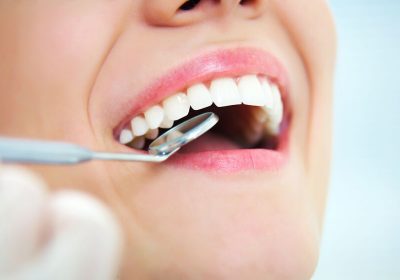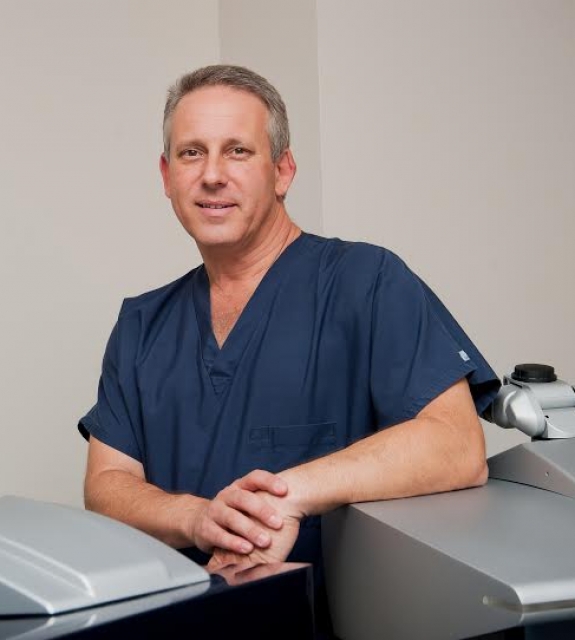
According to the National Institute of Mental Health, approximately 17.3 million adults have been diagnosed with Major Depressive Disorder. Chances are either you or someone you love struggles with depression and or anxiety. Unfortunately, scientists and doctors still do not understand why depression happens and have still not established long-term successful treatment protocols to manage depression or anxiety. Research is now suggesting hormone imbalances, nutritional/chemical imbalances, and faulty digestion (gut health) together can cause depression and anxiety and dramatically affect how you think and feel.
At Apprize Medical, their doctors have been successfully treating these conditions for years by utilizing unique diagnostic studies to measure nutritional deficiencies, hormonal imbalances, and gut abnormalities. “Our treatments are very effective, and we have been successful in decreasing or eliminating our patient’s need for medication. Our goal is to balance hormones such as endorphins and serotonin, powerful hormones that play a key role in regulating our mood, digestion, sleep, and libido”, says Dr. Sudeep Singh. “By simply improving gut health and increasing the absorption of the nutrients found in our food, which happen to be the building blocks to our hormones, you can change gene expression and your body’s chemistry”, Singh adds.

Interestingly over 95% of the serotonin is actually produced in the gut, and therefore patients who are not digesting their foods properly or have an overgrowth of harmful yeast and bacteria can actually have lower serotonin levels. This groundbreaking approach to managing depression and other psychiatric issues challenges the idea that depression and anxiety are cards that have been dealt.
“Although I was unaware I had digestive issues because I really didn’t suffer from heartburn or indigestion, I was informed after reviewing my test results that I was intolerant to carbohydrates, sugars, and fat,” says Rochelle, a long-time patient of the practice. “I was also told due to this I had yeast and bacteria build up in my gut and all of this was causing me to be nutritionally and hormonally deficient. My doctor prescribed some supplements, I had a few IVs, and in less than one month my depression significantly improved and my anxiety attacks went away”.
Ultimately, the way a patient feels can be incredibly complex and should be handled by a team of healthcare professionals. Patients who are suffering from depression should speak to their healthcare providers about how they can adapt their lifestyle, implement exercise, and identify any underlying health imbalances and deficiencies that can impact their sense of well-being. A healthier body can lead to a healthier mind!
For more information, visit Apprize Medical's social media:
























